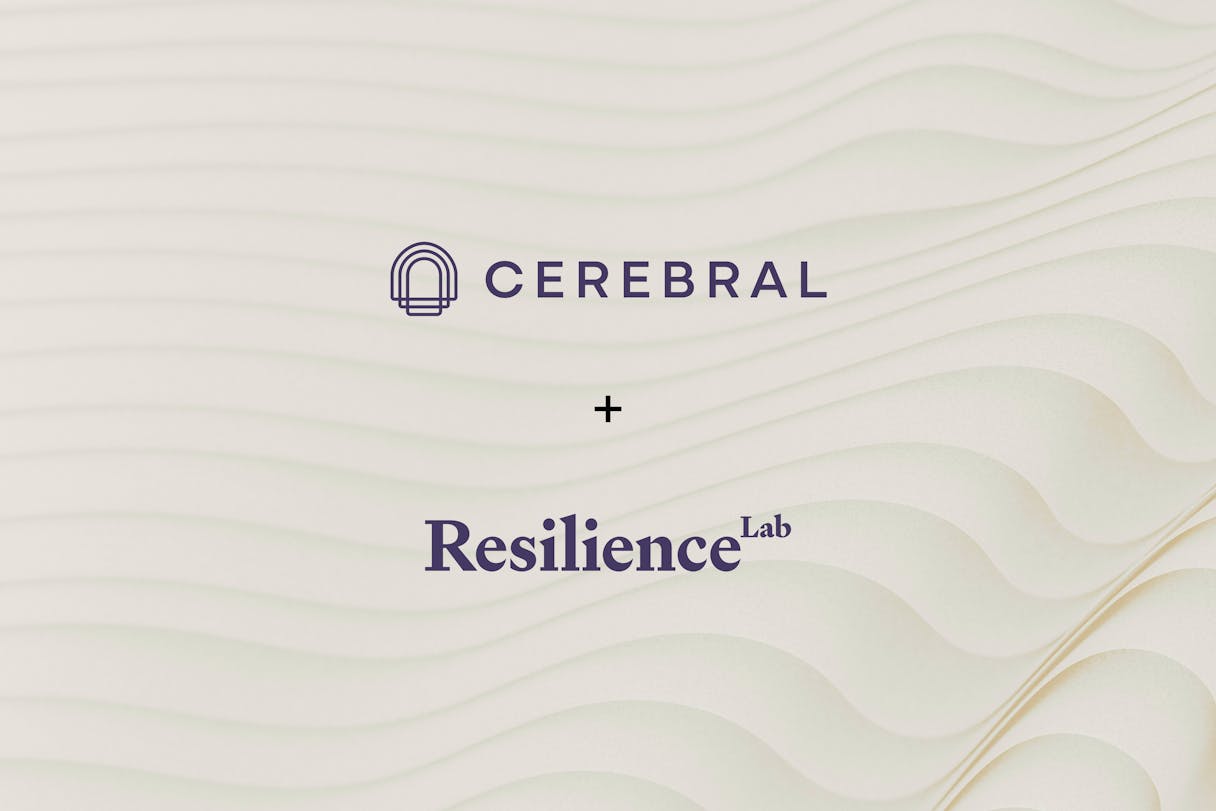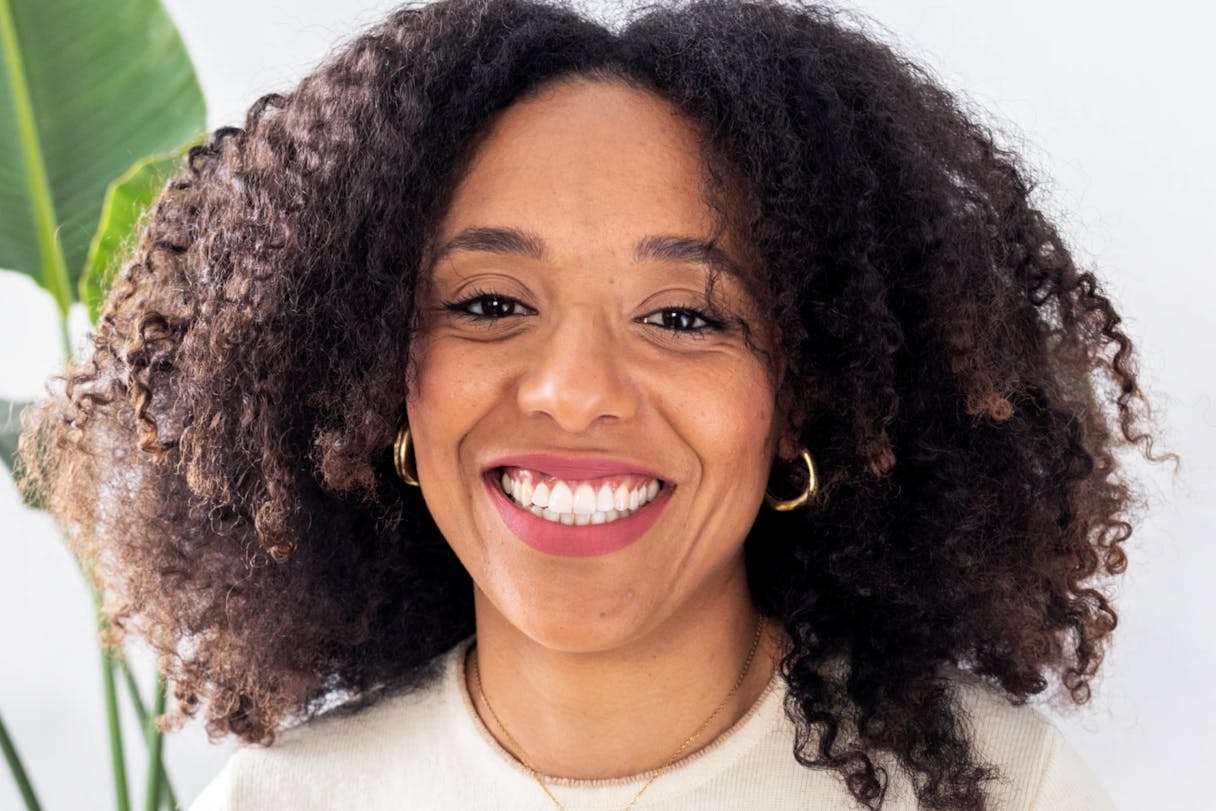It goes by many names: sunlight lamp, daylight lamp, happy light, and probably a few more, but it all involves utilizing artificial or natural light to help you feel better. Light therapy is a form of therapy that can be used to treat a range of conditions such as seasonal affective disorder (SAD), bipolar disorder, and depression.
In this guide, we'll dive into the numerous benefits of light therapy for mental health and provide tips for anyone looking to start light therapy.
What is light therapy?
Light therapy is a low-risk medical treatment that has shown remarkable efficacy in managing various mental health disorders. This therapeutic approach aims to reset the body's internal clock and promote a sense of balance and well-being by exposing you to specific wavelengths of light or utilizing lightboxes.
Typically performed in the morning hours, light therapy can not only enhance your mood and sleep patterns, but also contributes to an overall improvement in your quality of life.
The science behind light therapy
The theory behind light therapy suggests that exposure to specific wavelengths of light can increase serotonin levels in the brain. Serotonin, a neurotransmitter, helps regulate mood. Low levels of serotonin have been linked to symptoms of depression and anxiety.
When light enters your eye, it stimulates the production of serotonin, which can help restore the balance of this neurotransmitter in your brain. By enhancing serotonin levels, light therapy aims to alleviate symptoms of depression and anxiety, promoting a more positive and stable mood.
Light therapy can also help in regulating your body's internal clock. Exposure to bright light during specific times of the day helps synchronize circadian rhythms, leading to improved sleep quality.
Types of light therapy
There are several types of light therapy. One commonly used method is bright light therapy, which involves exposure to lightboxes or bright lamps that simulate natural outdoor light. This type of therapy is often used to treat seasonal affective disorder (SAD) and other mood disorders.
Another form is dawn simulation which mimics the gradual increase in natural light at dawn. This can be particularly beneficial for you if you struggle with waking up in the morning or experience disrupted sleep patterns.
Blue light therapy involves exposure to blue light, which is believed to stimulate the production of serotonin, helping to treat sleep disorders and jet lag. There’s a range of light therapy options so be sure to do some digging when deciding which might be best for your specific condition.
Mental health benefits of light therapy
Light therapy is shown to be effective in helping to treat a number of mental health disorders including Seasonal Affective Disorder (SAD), depression, and anxiety.
Light therapy for Seasonal Affective Disorder
Less natural sunlight during the winter months can lead to SAD—a type of depression. Reduced sunlight can also decrease your serotonin levels, affecting your mood, and disrupting your melatonin levels, throwing off your sleep pattern. By exposing yourself to light therapy for 30 minutes in the morning, you can treat SAD, improve your mood, boost your energy levels, and reset your circadian rhythm.
Light therapy for depression
According to Harvard Medical School, light therapy can be as effective as antidepressant medications, or popular forms of psychotherapy such as cognitive behavioral therapy. Studies show each of these different therapies improves depression symptoms in between 40% to 60% of people. Combining any of these therapies together — light therapy and medications — tends to help even more.
Light therapy for anxiety
Light therapy can also be effective in treating anxiety disorders. By regulating the circadian rhythm and increasing serotonin production, it can help improve sleep quality, which is often disrupted in people with anxiety. Light therapy can also improve overall mood, helping reduce anxiety symptoms.
How to use light therapy effectively
Before starting light therapy be sure to do the following:
- Consult your doctor: Discuss your individual health needs and potential risks before starting light therapy. This is especially crucial if you have any pre-existing eye conditions, are taking medications, or have a history of skin cancer.
- Choose the right device: Look for light therapy devices that are FDA-cleared and emit only safe levels of visible light, with no ultraviolet (UV) radiation. Check the lux rating (measure of light intensity) and choose one appropriate for your condition and needs.
- Consider eye protection: While not all devices require goggles, some individuals with sensitive eyes or specific conditions may benefit from wearing them during sessions.
During use:
- Follow instructions carefully: Each device comes with specific instructions on usage duration, distance, and positioning. Ensure you understand and adhere to them meticulously.
- Avoid direct eye contact: Don't stare directly at the light source. Position the device so the light illuminates your face or upper body indirectly.
- Start gradually: Begin with shorter sessions (e.g., 15 minutes) and gradually increase the duration as recommended by your doctor or the device instructions.
- Maintain distance: Position the light source at the recommended distance from your face to avoid potential eye strain or discomfort.
- Time it right: Use the light therapy device at the appropriate time of day, as advised by your doctor. Generally, morning sessions are recommended for SAD, while evening sessions might be suitable for sleep regulation.
- Listen to your body: Stop using the device if you experience any unusual discomfort, headaches, or eye irritation. Consult your doctor immediately if these symptoms persist.
Cerebral's approach to light therapy
Cerebral provides talk therapy and medication management by experienced professionals—100% online. As previously mentioned, combining the treatments we offer with light therapy can help enhance their effectiveness, allowing patients to more quickly overcome their mental health challenges and get to a good place. Get started with Cerebral by signing up.
Image by diana.grytsku on Freepik

Our Care: The Resilience Methodology

A New Era of Mental Healthcare: How Cerebral Is Expanding High-Quality, Personalized Care

5 Things to Look for in a Therapist

Call 911 if you’re having a
mental health emergency
Text Home to 741-741 if you're in emotional
distress and need immediate support
Call or text 988 Suicide &
Crisis Lifeline. Chat service
is available at 988lifeline.org.